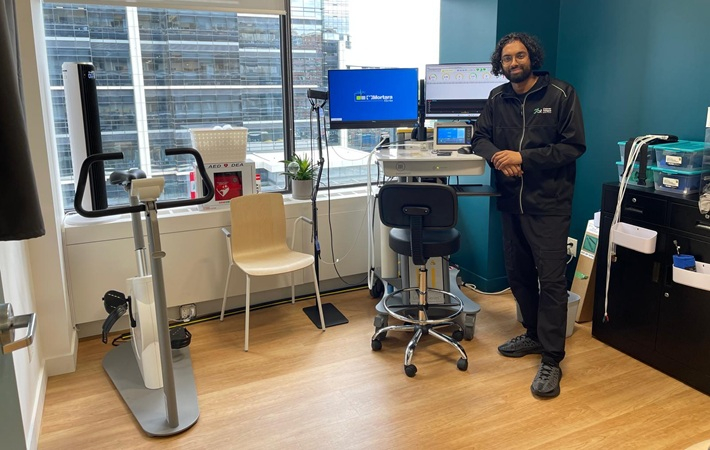
Community & Advocacy
Men and Fatigue: Breaking the Silence
If there’s one thing I’ve learned in fifteen years of survivorship and advocacy, it’s this: men are really good at pretending they’re fine. We’re taught from a young age to “push through it,” to “man up,” and to keep going even when our bodies and minds are begging for a break. It’s a cultural script that prizes endurance over honesty—and when it comes to cancer-related fatigue, it’s hurting us more than we realize.
Fatigue isn’t just feeling tired. It’s the kind of exhaustion that sits deep in your bones and makes everyday life feel like climbing a mountain. And yet, I’ve lost count of how many men I’ve met—survivors, patients, caregivers—who downplay it. They don’t want to admit they’re struggling. They fear being seen as weak.
I’ve lived this myself. As a two-time testicular cancer survivor, I know what it’s like to smile through the exhaustion, to host events, to sit on panels, to crack a joke when inside your body feels like it’s running on fumes. Ignoring fatigue doesn’t make it go away. It just makes it lonelier.
That’s why this isn’t just a health issue—it’s an advocacy issue. If men continue to underreport fatigue, we miss the chance to normalize conversations that could lead to proper support. We risk leaving half the survivor population in silence. And silence, in survivorship, can be dangerous.
So how do we start breaking it?
- Normalize honesty. Men need permission—from themselves and each other—to say, “I’m exhausted, and it’s affecting me.”
- Challenge the stigma. Pushing through isn’t a badge of honour if it leaves you burnt out or disconnected from your own recovery.
- Advocate for gender-sensitive care. Fatigue management shouldn’t be one-size-fits-all. Health professionals need to recognize how stigma shapes male reporting and adapt their approaches accordingly.
To me, advocacy has never been about grand gestures. It’s about being the other guy in the room who admits, “Yeah, I’ve been there too.” That simple honesty can open a floodgate for someone else.
Men don’t need to suffer in silence. Fatigue is common, but it’s not normal—and it is treatable. The first step is giving ourselves permission to stop pushing through and start speaking up.
—
Written by: Peter Laneas
Advocacy & Outreach Communications Manager
Cancer Fatigue Services





